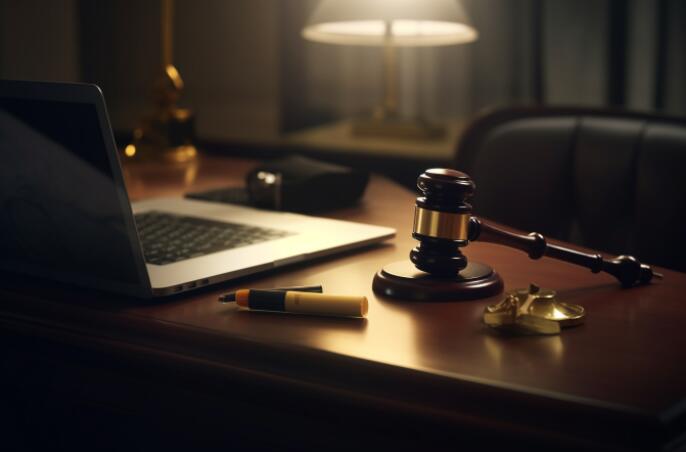Utah Lawyer Fined for Using ChatGPT-Generated Fake Cases in Court
A Utah attorney has been sanctioned by the court for submitting legal documents containing fictitious case law generated by artificial intelligence. Richard Bednar's use of unverified ChatGPT output in an appeal filing has ignited discussions about professional responsibility in the age of AI-assisted legal work.
According to court records, Bednar and colleague Douglas Durban submitted an appeal application that referenced several non-existent legal precedents. These fabricated citations appeared only in ChatGPT responses and couldn't be found in any legitimate legal database. The Utah Court of Appeals discovered the discrepancies during document review.

Image source note: Image generated by AI, image authorized service provider Midjourney
During proceedings, Bednar acknowledged the errors and apologized, explaining that an unlicensed legal assistant had prepared the document without proper supervision. While Bednar accepted responsibility, his co-counsel Durban was cleared of involvement as he hadn't participated in drafting the problematic filing. The assistant responsible had already left the firm.
The court's ruling emphasized that while AI tools like ChatGPT can assist with legal research, attorneys bear ultimate responsibility for verifying all submitted materials. "The document contained fabricated content and demonstrated a failure to meet professional review standards," the judges noted in their decision.
As penalty, Bednar must:
- Cover opposing counsel's preparation and hearing costs
- Refund client fees for the flawed document
- Donate $1,000 to Utah Legal Aid
The case serves as a cautionary tale for legal professionals embracing new technologies. While AI offers research efficiencies, this incident demonstrates how overreliance without verification can undermine professional credibility and harm clients.
Key Points
- A Utah lawyer was fined for submitting court documents with fake case citations generated by ChatGPT
- The fabricated legal precedents couldn't be verified in any official database
- The attorney admitted failing to properly supervise an unlicensed assistant who prepared the filing
- Courts maintain lawyers must personally verify all submissions regardless of research tools used
- The sanction includes financial penalties and a donation to legal aid services